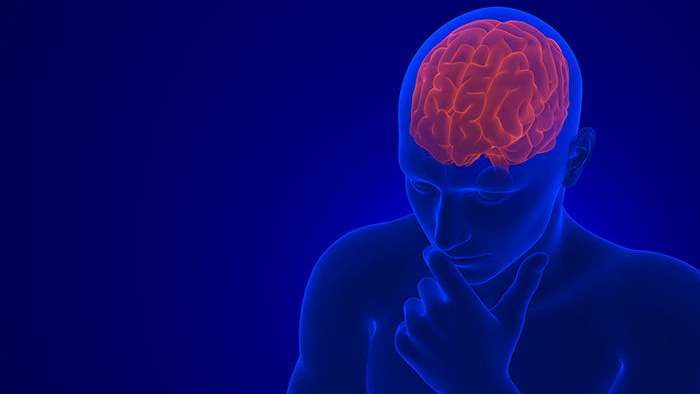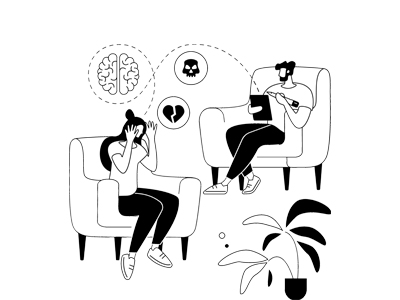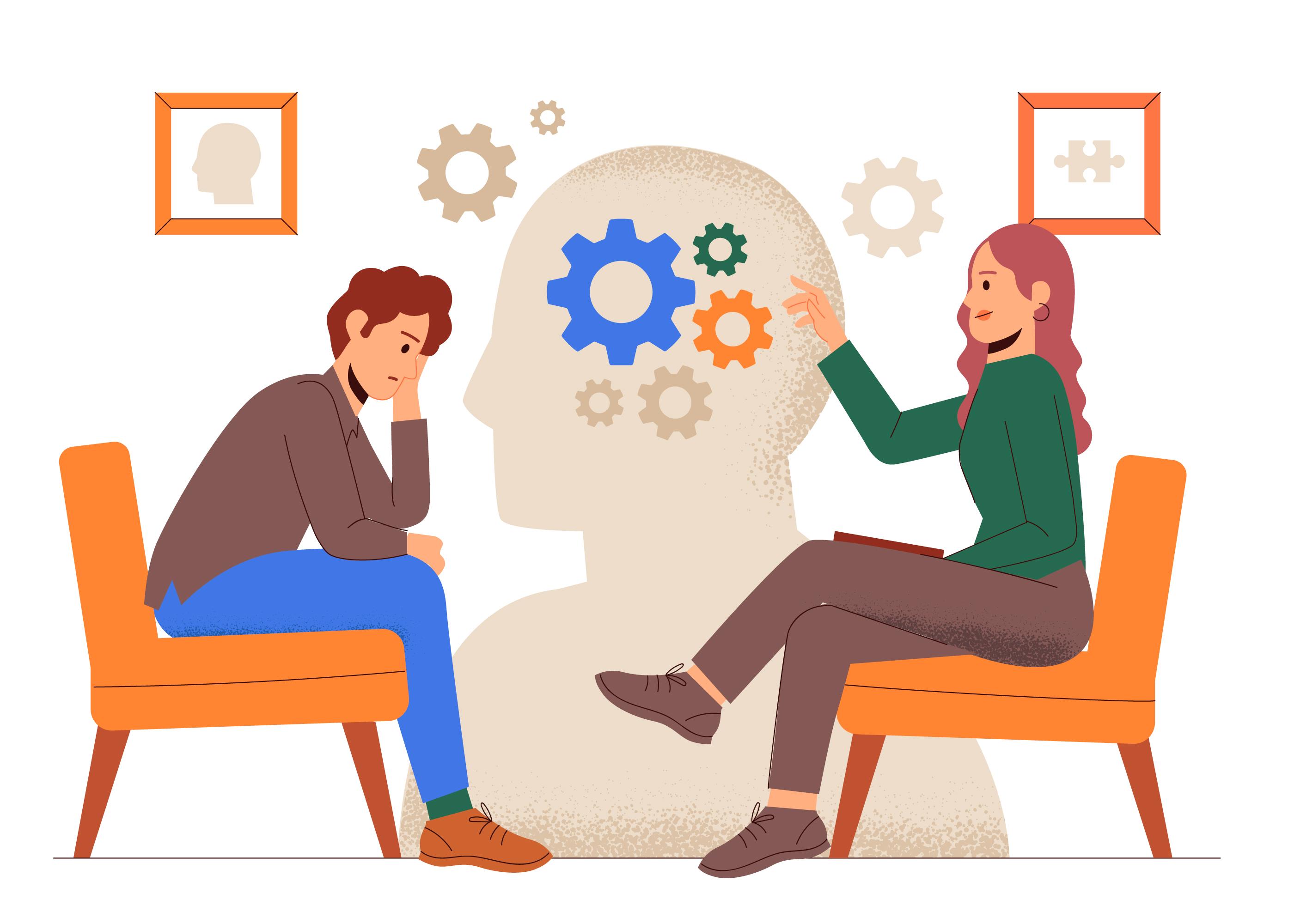Teach on PsyCourse. Become an Instructor today....Register now
Affective disorders - An Overview
By Bhavna VijayMood disorders or affective disorders are one of the most common mental illnesses. It affects people from all walks of life, men, women, old age as well as adolescents and children.
Description
Mood disorders or affective disorders are one of the most common mental illnesses. It affects people from all walks of life, men, women, old age as well as adolescents and children.
Mood disorders more commonly termed as either depression or bipolar disorder have a huge impact on the individual’s life, it affects their functioning at work or school, their relationship with significant others, and also has an impact on their self-care.
Depression, the most common mental illness is characterized by low mood, disinterest in pleasurable activities, low motivation, crying spells, and for some people a sense of hopelessness that could lead to suicidal thoughts and behaviour. Bipolar disorder on the other hand is characterized by periods of low mood or depression and periods of elevated mood or mania. It is important to understand the symptoms of mood disorders as it could lead to the death of the individual in severe cases and if it is not treated and understood by people around.
This course is an overview of mood disorders and will provide the learner a glimpse into it. A brief history of the conceptualization of mood disorders along with understanding the causes of it, the epidemiology will be taught. The course prognosis of mood disorders will be discussed as well as understanding the diagnosis of it from both the DSM 5 & ICD 10 classification. The types of mood disorders will be discussed in detail, especially depression, bipolar disorders, dysthymia, and cyclothymia. Finally, an understanding on treatment will also be discussed to help the learner make an informed choice regarding the same.
Duration: 03 Months
View More
What you'll learn
- Introduction to mood disorders
- Historical conceptualization of mood disorders
- Classification of mood disorders in both DSM 5 as well as ICD 10
- Sub types
- Diagnosis and clinical features of mood disorders
- Epidemiology of mood disorders
- Etiology, course and prognosis
- Differential diagnosis
- Treatment, focused primarily on psychosocial therapies
- Additional categories of mood disorders – dysthymia and cyclothymia - course, prognosis, etiology and treatment for the same
View More
Key Highlights
-
Online Flexible Lectures for Students
-
Expert faculties
-
RCI Registered Faculties
-
Virtual Audio-visual classes
-
Skill Oriented Course
-
Skill Based Training
Please login to rate and review the course.
Related Courses
By: Saumya Sharan
Psychopathology & Classification Systems- an introductory course
By: Prakriti Sharma
Psychological Abnormalities - an introductory course
Featured Courses
Learners liking following courses.






-for-Depression.jpg)










